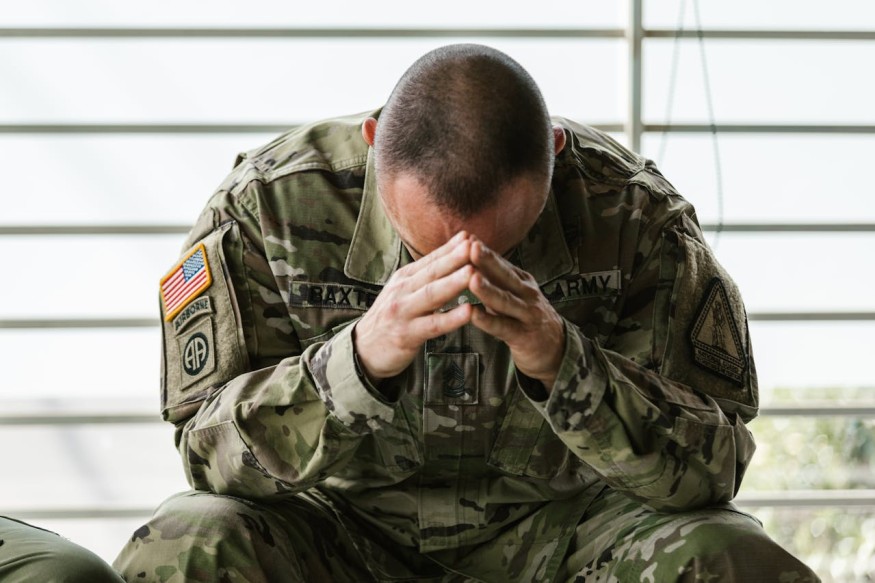
The U.S. Army is set to introduce a significant measure aimed at safeguarding the cognitive health of its recruits, with the implementation of cognitive assessments for all new soldiers entering basic training and cadets preparing for commissioning.
This decision, announced by Secretary of the Army Christine Wormuth during budget testimony before the Senate Armed Services Committee, follows heightened concerns regarding soldiers' brain health in the wake of traumatic incidents such as the case of Sgt. 1st Class Robert Card, whose tragic actions in Maine underscored the potential consequences of blast exposure on neurological well-being.
"We had a tragedy here in Lewiston, Maine last year and it turns out the fellow was a munitions test instructor, he experienced blast after blast after blast," King said, Army Times reported. "Analysis of his brain indicated it was severely damaged."
The new program, scheduled to commence in June, will involve the use of the Automated Neuropsychological Assessment Metrics (ANAM) tool, a computer-based assessment designed to evaluate various cognitive functions, including attention, memory and decision-making.
Lt. Col. Randy Ready, spokesman for the Army's Center for Initial Military Training, noted the importance of collecting baseline data to assist medical professionals in assessing cognitive changes in the event of injury.
The ANAM assessment, which takes approximately 20 minutes to complete, will be administered to all new soldiers undergoing basic training or One Unit Station Training (OSUT).
The results will be treated as protected health information and integrated into soldiers' permanent medical records, serving as a valuable reference point for future evaluations.
"If a service member or civilian is exposed to a concussive event, like an explosion, motor vehicle accident or serious fall, resulting in trauma to the head, their health care provider can request the ANAM data which can be used to measure differences," Donald R. Thomas, a health systems specialist who oversaw assessments, reportedly stated.
This initiative aligns with bipartisan efforts to prioritize brain health within the military, as evidenced by the introduction of the Blast Overpressure Safety Act, which seeks to mandate baseline cognitive assessments for all recruits and establish protocols for monitoring brain health throughout military service.
In addition to cognitive assessments, the Army is exploring innovative solutions to mitigate blast exposure risks, including wearable gauges for real-time monitoring of soldiers' exposure levels.
Collaborative efforts between military and civilian researchers aim to enhance understanding of blast-induced neurotrauma and develop strategies for minimizing its impact on soldiers' well-being during routine training and operations.
